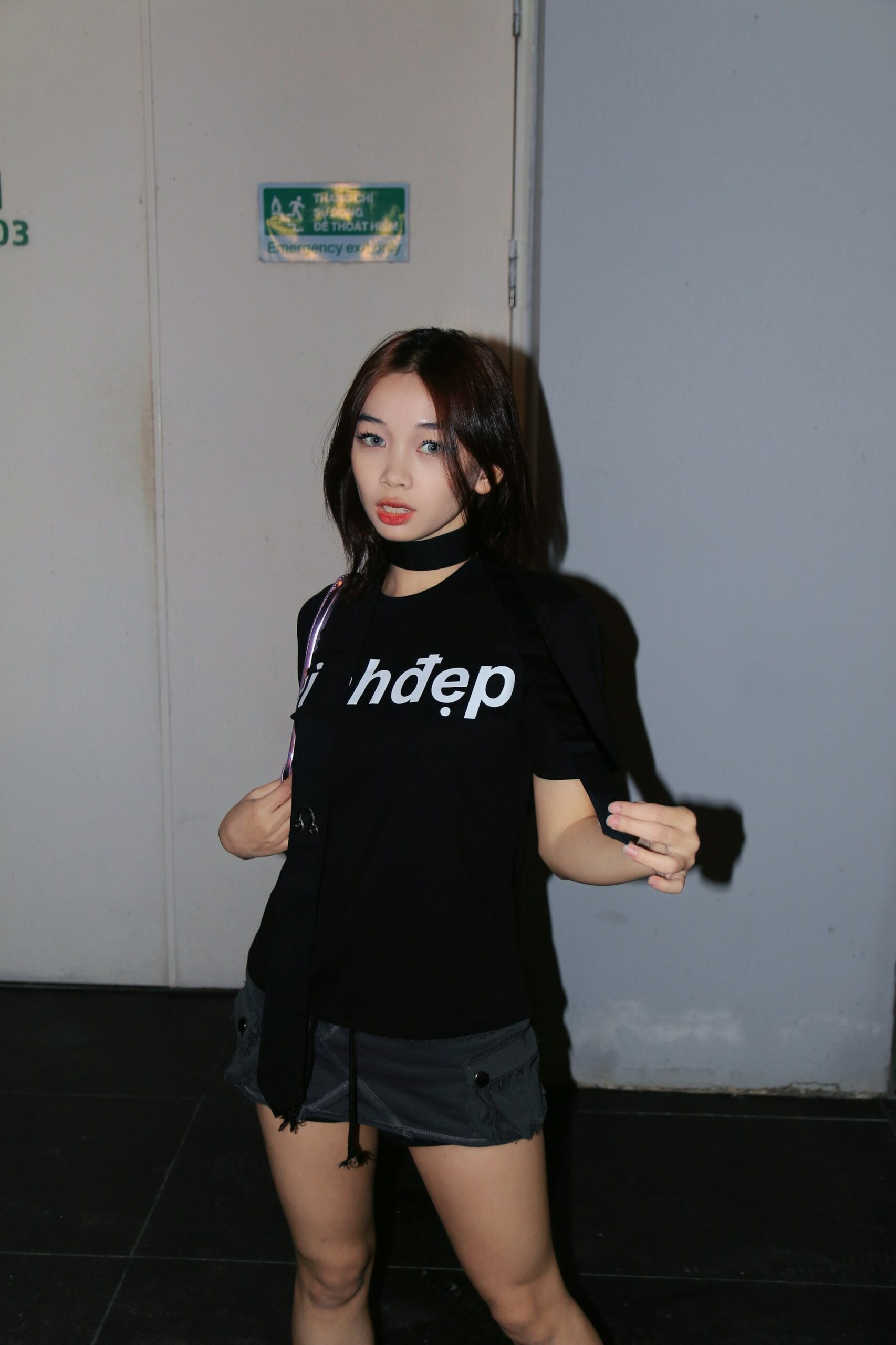Celebrity-Led Sustainable Fashion: How Stars Are Redefining Eco-Conscious Style

Photo by Armen Aydinyan on Unsplash
Introduction: The Rise of Celebrity-Led Sustainable Fashion
In recent years, the fashion industry has witnessed a significant transformation as high-profile celebrities take the lead in championing sustainability. No longer limited to exclusive designer labels, sustainable fashion now spans a range of accessible price points, thanks to the influence of celebrity-led brands and collaborations. These initiatives are not only raising awareness about ethical practices but are also making eco-friendly fashion more attainable for consumers worldwide. This article examines the key figures, their brands, and actionable ways for consumers to engage with sustainable fashion, ensuring every claim and benefit is thoroughly addressed with verified, accessible guidance.
Stella McCartney: Pioneering Sustainable Luxury
Stella McCartney has set the gold standard for sustainable luxury fashion since launching her namesake brand. As a lifelong advocate for ethical design, McCartney is recognized for using innovative materials such as NATIVAâ„¢ regenerative wool, grape-based vegan leather, and recycled polyester. The brand has achieved certifications from GOTS, FSC, and OEKO-TEX, ensuring full transparency and traceability in its supply chain. McCartney’s approach includes a commitment to being PVC-free and reducing plastic packaging by 2025. Standout pieces, like the Belted Trench Coat crafted from certified organic cotton, exemplify her blend of timeless style and eco-consciousness. For those seeking inclusive options, Stella McCartney provides a wide range of sizes and supports charitable initiatives, highlighting a holistic approach to responsible fashion [1] .
How to Access:
Stella McCartney collections are available through the official brand website, department stores, and select sustainable luxury retailers. To verify authenticity and sustainability claims, look for certifications on product labels and check the brand’s sustainability reports published on their website.
Gigi Hadid: Guest in Residence and Sustainable Knitwear
Supermodel Gigi Hadid launched Guest in Residence , a brand focusing on luxurious knitwear made from ethical, high-quality materials. The 2025 collection emphasizes customizable cashmere, providing consumers with both style and long-lasting value. By prioritizing responsible sourcing and transparent manufacturing, Hadid’s brand appeals to those seeking premium yet sustainable wardrobe staples [2] .

Photo by Pawel Czerwinski on Unsplash
How to Access:
Guest in Residence products can be found on the official website and verified luxury retailers. Consumers can confirm a brand’s sustainability practices by reviewing material sourcing details and third-party certifications listed on product pages.
Nicole Richie: House of Harlow 1960 and Eclectic, Eco-Friendly Design
House of Harlow 1960 , founded by Nicole Richie , brings a bohemian flair to sustainable fashion. The brand’s 2025 collection features bold prints and environmentally responsible fabrics, making it a favorite for those drawn to vintage-inspired, eco-conscious style. Richie’s approach combines creativity with a clear commitment to lower-impact textiles and ethical production [2] .
How to Access:
House of Harlow 1960 is available through its official website and major online retailers such as Revolve. Look for sustainability information on product descriptions and inquire with customer service about their environmental initiatives if details are not clearly listed.
Reese Witherspoon: Draper James and Accessible Eco-Fashion
Draper James , led by Reese Witherspoon , is renowned for its preppy, feminine designs that celebrate Southern charm. In 2025, the brand introduced a line of dresses made from organic cotton, furthering its push toward sustainability. Draper James stands as an example of how celebrity influence can make eco-friendly fashion more mainstream and accessible [2] .
How to Access:
Draper James collections can be found on the official website and large department stores such as Nordstrom. To ensure you’re buying from the sustainable line, select filters for organic and sustainable materials on the retailer’s site or confirm with customer support.
Emma Watson: People Tree and Affordable Ethical Basics
Emma Watson has long been recognized for her activism, and her collaboration with People Tree set a precedent for affordable sustainable fashion. The partnership offers organic cotton basics with most items under $50, making ethical fashion accessible to a wide audience. People Tree is committed to fair trade practices, transparency, and the use of certified organic materials [3] .
How to Access:
People Tree products are available on the brand’s official website and select global retailers. Consumers can look for fair trade and organic certifications on the product page or request more details by contacting the company directly.
Billie Eilish: H&M Collaboration and Trendy, Affordable Sustainability
Grammy-winning artist Billie Eilish collaborated with H&M to create a collection featuring streetwear made from eco-friendly materials. This partnership demonstrates how celebrities can make sustainable fashion widely available, with most pieces priced under $40. By leveraging H&M’s global reach, the collection introduced more consumers to recycled and organic fabrics [3] .
How to Access:
You can find Billie Eilish’s sustainable collection by searching for her name on the H&M official website or in stores. Items from these collaborations are typically labeled with sustainability icons and material details for easy identification.
Zendaya: Tommy Hilfiger and Inclusive, Eco-Friendly Collections
Zendaya ‘s partnership with Tommy Hilfiger produced a size-inclusive collection that integrates recycled materials and sustainable manufacturing. This collaboration underscored that eco-friendly fashion can be both inclusive and aspirational, with the collection selling out rapidly and inspiring other brands to follow suit [3] .
How to Access:
Zendaya’s sustainable Tommy Hilfiger collection is available through the Tommy Hilfiger website and selected department stores. Use search filters for “Zendaya” and “sustainability” to locate relevant items and verify their eco-friendly credentials.
Lizzo: Yitty and Inclusive, Ethical Shapewear
Lizzo ‘s Yitty shapewear brand stands out for its commitment to recycled fibers, ethical manufacturing, and size inclusivity. By offering a comprehensive range of sizes and maintaining accessible pricing, Yitty helps democratize sustainable fashion for a diverse audience [3] .
How to Access:
Yitty products can be found on the official Yitty website and major online retailers. For details on sustainability, check product descriptions or contact the support team for information about recycled materials and ethical practices.
Steps to Access Celebrity-Led Sustainable Fashion
1. Identify Official Retailers: Always start with the brand’s official website or authorized partners. These platforms provide the most accurate information on sustainability efforts and product authenticity.
2. Check Certifications: Look for third-party certifications such as GOTS, OEKO-TEX, Fair Trade, or FSC on product pages. These certifications confirm a brand’s commitment to responsible practices.
3. Inquire Directly: If sustainability details are not clearly listed, contact customer service via email or phone. Brands often provide detailed sustainability reports or can clarify which collections meet their ethical standards.
4. Use Verified Filters: On large retail platforms, use filters such as “sustainable,” “organic,” or “recycled” to find eco-friendly collections from celebrity brands.
5. Follow Brand Updates: Many brands and celebrity founders share news about new sustainable launches on their official social media channels and newsletters, providing early access to limited releases.
Potential Challenges and Alternatives
While celebrity brands are making sustainable fashion more visible, consumers may encounter higher prices or limited size ranges with some labels. To address this, explore alternative brands and collaborations highlighted by eco-conscious celebrities (such as Emma Watson’s People Tree or Billie Eilish’s H&M line) that prioritize affordability and accessibility. Additionally, consider secondhand or upcycled items from these brands via verified resale platforms, which further reduce environmental impact.
If you’re seeking more options, research brands recognized by sustainability organizations or check resources like The Good Trade’s annual list of ethical fashion labels. When in doubt about a brand’s claims, request documentation or third-party certification. This due diligence helps ensure your purchases align with your values and the latest in sustainable fashion innovation.



